Are Your Loved Ones Drinking Enough Water?
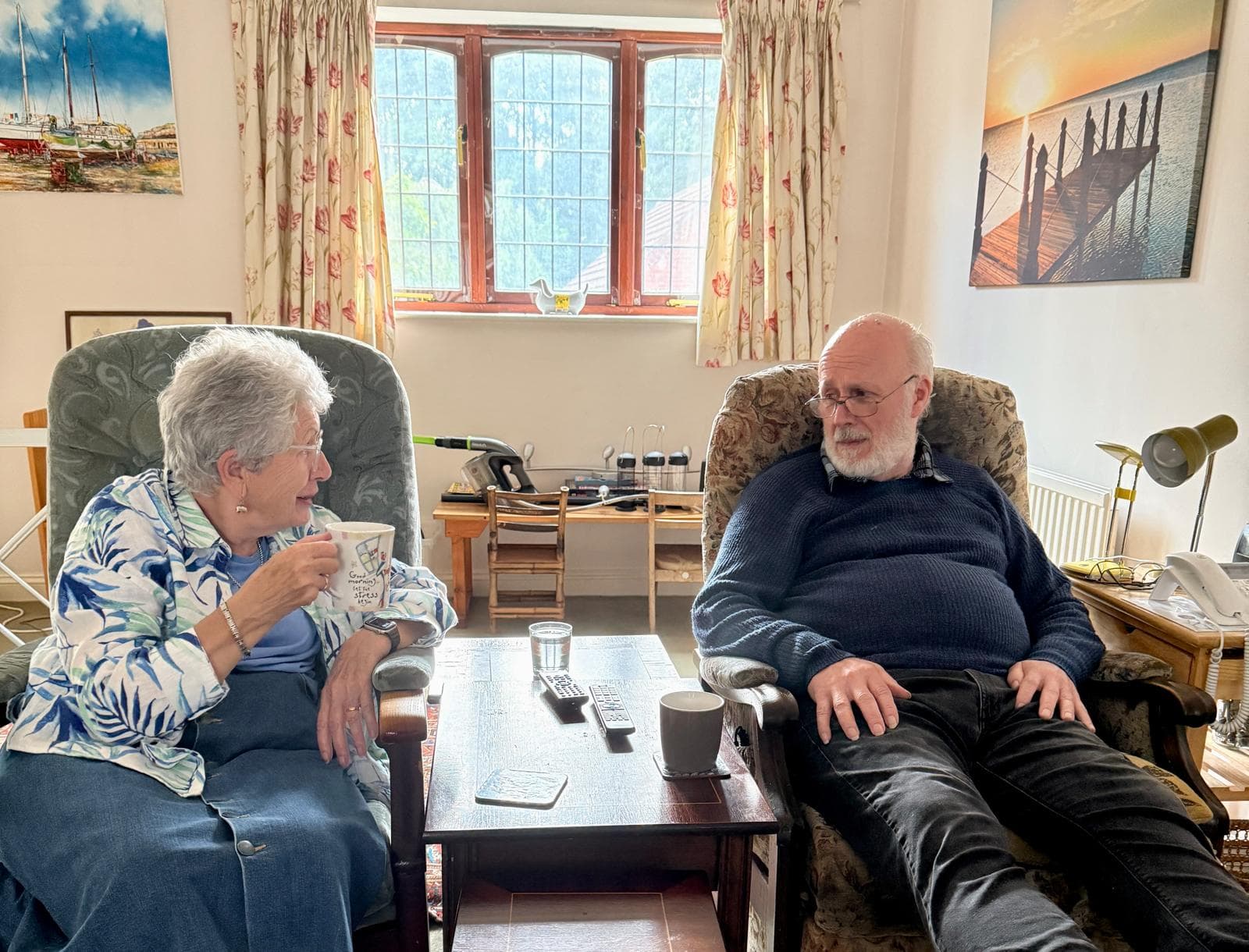
Stay Hydrated: Challenges for Seniors
For older adults in Altrincham, Sale and Wythenshawe, staying hydrated can be a real challenge, especially for those living with dementia, mobility difficulties, or conditions such as Parkinson’s.. As we age, our natural thirst response weakens, and some medications or health conditions can increase fluid loss.
This topic feels especially close to home for me. My Uncle Joe, who lives with dementia, recently spent time in hospital with a suspected UTI. Like many older relatives, he’s faced added health complications that make hydration and nutrition even more important and sometimes more difficult.
At Home Instead Altrincham, Sale & Wythenshawe, we help clients stay well through consistent support with drinks, hydrating meals, and thoughtful daily routines. But it raises an important question: how do you support older adults who may be resistant to change when it comes to diet and fluid intake?
In this blog, we share practical advice for families and carers on spotting signs of dehydration, making good food and drink choices, and encouraging healthy habits in a way that feels gentle and familiar.
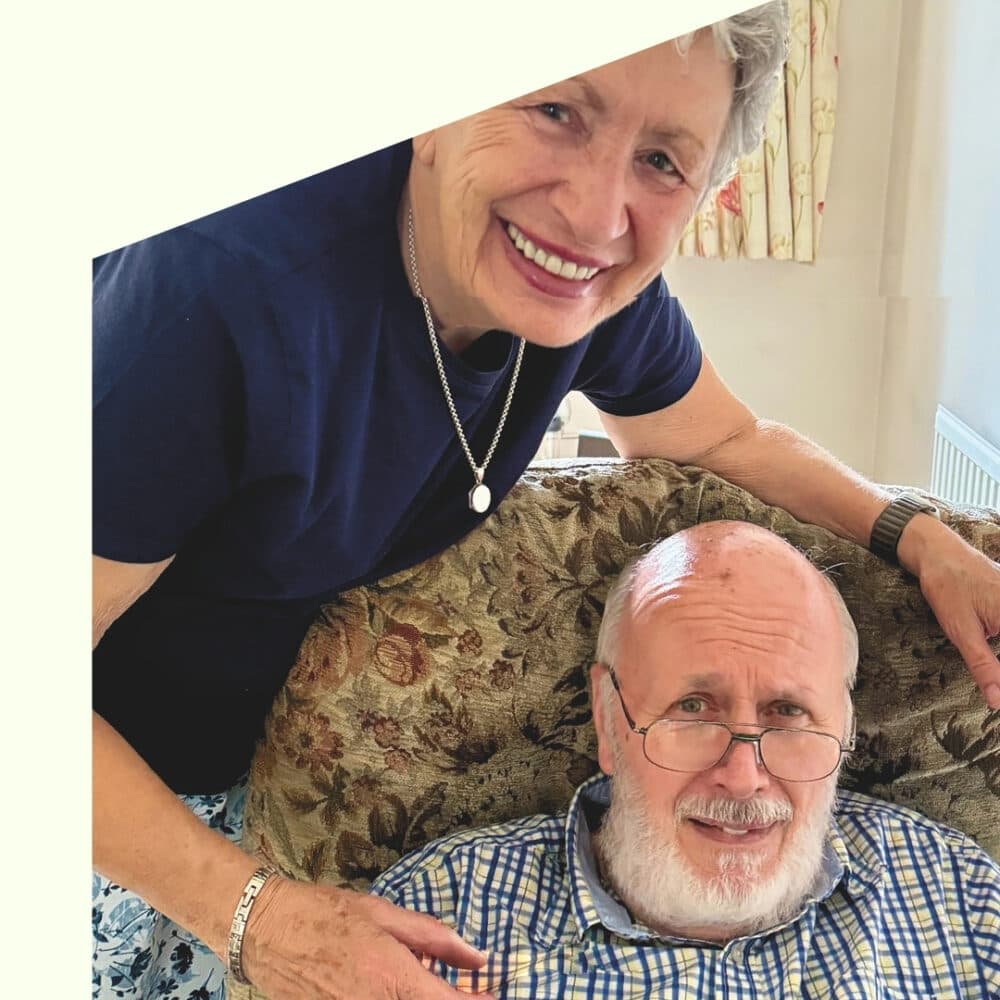
Why Hydration Is So Important for Older Adults
Our bodies are made up largely of water, but as we age, our total body water content decreases. This reduction can affect everything from how we regulate temperature to how our organs function. Older adults are particularly vulnerable to dehydration due to natural changes in the body and a variety of lifestyle factors.
Many older people experience a diminished sense of thirst, meaning they may not realise when they need to drink. In addition, medications such as diuretics can increase water loss, while mobility issues or cognitive impairments may make it difficult to access or request drinks.
When hydration levels drop, it can affect memory, energy levels, and even affect overall health and may require medical attention. For individuals living with dementia, confusion caused by dehydration can often be mistaken for a worsening of symptoms. That’s why consistent support and proactive care are so important.
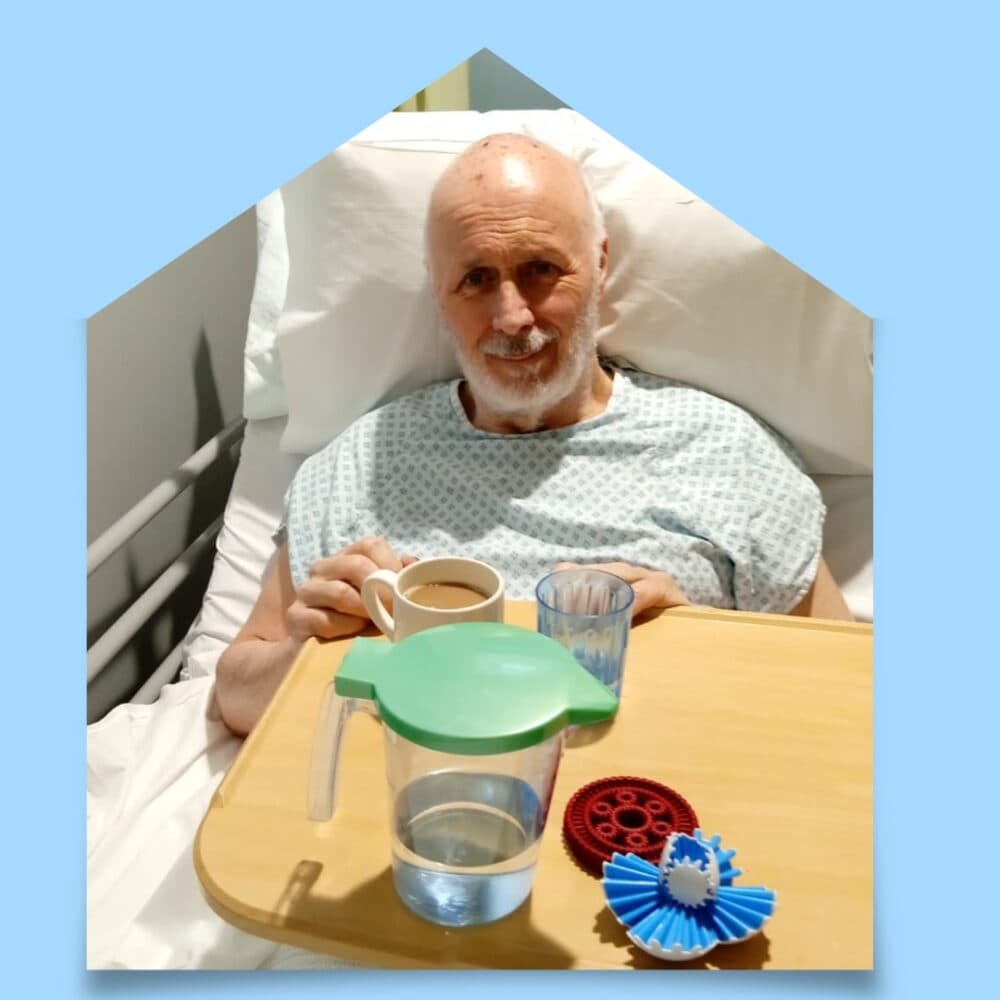
Recognising the Signs of Dehydration
Dehydration can often set in gradually, making it important to remain alert to early warning signs. These include:
- Dry mouth and lips
- Headaches or dizziness
- Confusion or disorientation
- Fatigue or low energy
- Constipation
- Dark-coloured urine or reduced urination
If left unchecked, dehydration can also affect blood pressure and heart rate and increase the risk of falls or infections. When dehydration is mistaken for a progression in a health condition such as dementia, opportunities for early support may be missed. This makes awareness and early intervention absolutely vital.

Best Ways to Support Hydration at Home
Encouraging fluid intake doesn’t need to be complicated or overwhelming. Here are several strategies we recommend and practice with our clients every day:
- Offer drinks regularly throughout the day, not just at meal times. A simple prompt every hour can make a big difference.
- Include a variety of beverages, such as water, herbal teas, diluted fruit juices, milk, smoothies, or nutritional supplement drinks.
- Use accessible cups or straws for those with limited dexterity or grip strength. Cups with handles, non-slip bases, and spill-proof lids can all help.
- Provide hydrating snacks, such as watermelon, cucumber, strawberries, jelly, yoghurt and soups.
- Add extra fluids into meals by preparing stews, casseroles, and porridge, all of which provide both nourishment and hydration.
- Make hydration enjoyable and routine by creating a pleasant environment, using favourite cups, and sitting together for a shared tea break.
- Use visual cues, like placing water bottles in prominent locations or setting reminders using clocks, post-it notes or technology.
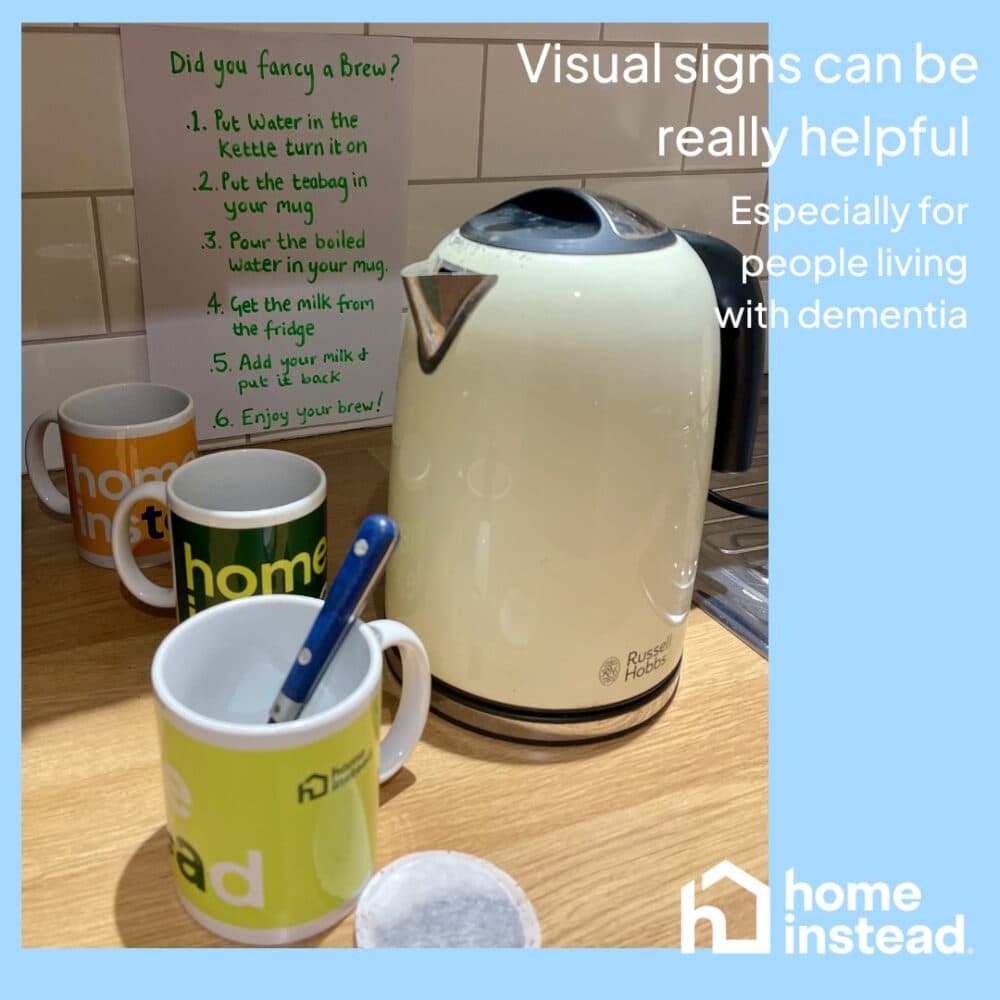
Foods and Drinks That Can Contribute to Dehydration
While increasing fluid intake is important, it’s also worth being mindful of certain drinks and foods that can have the opposite effect. In moderation, these can be enjoyed safely, but it helps to be aware of how they might affect hydration:
- Caffeinated beverages, such as strong tea or coffee, can have a mild diuretic effect and may contribute to fluid loss in larger quantities. look to swap to decaffeinated, we put this in place for my Uncle Joe, it also helped with his sleep patterns.
- Alcohol should be limited, particularly in warm weather, as it significantly increases water loss from the body.
- Salty or processed snacks, like crisps or salted nuts, can lead to increased thirst and discomfort.
- High-protein diets without adequate fluids can place extra demand on the kidneys and require more water to process efficiently.
Our approach focuses on balance. We never recommend completely cutting out favourite treats, but we do ensure these are paired with plenty of fluids and fresh, hydrating choices throughout the day.
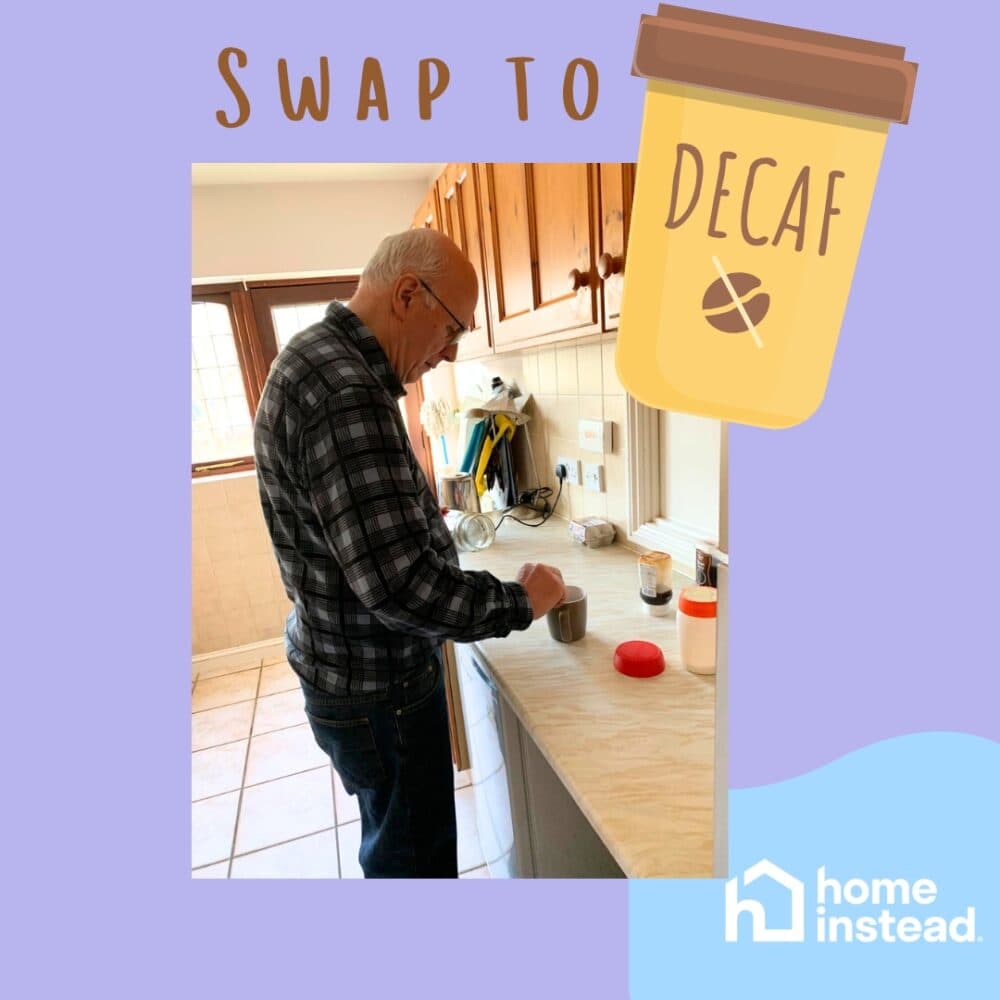
Nutritional Support and Community Resources
Hydration and nutrition are closely linked. A person who isn’t eating enough may also struggle to drink enough, and vice versa. At Home Instead Altrincham, Sale & Wythenshawe, our care professionals support clients by preparing tasty, nourishing meals that are rich in both nutrients and fluids.
We also encourage families to explore excellent local resources such as Age UK Trafford’s “Eat, Drink, Live Well” booklet. This includes ideas for balanced, affordable meals, snack suggestions, and guidance for those with dietary or cultural preferences.
Community-led initiatives, such as the PaperWeight Armband project, can also help carers monitor unintentional weight loss, which may be a sign of underlying hydration or nutrition issues.
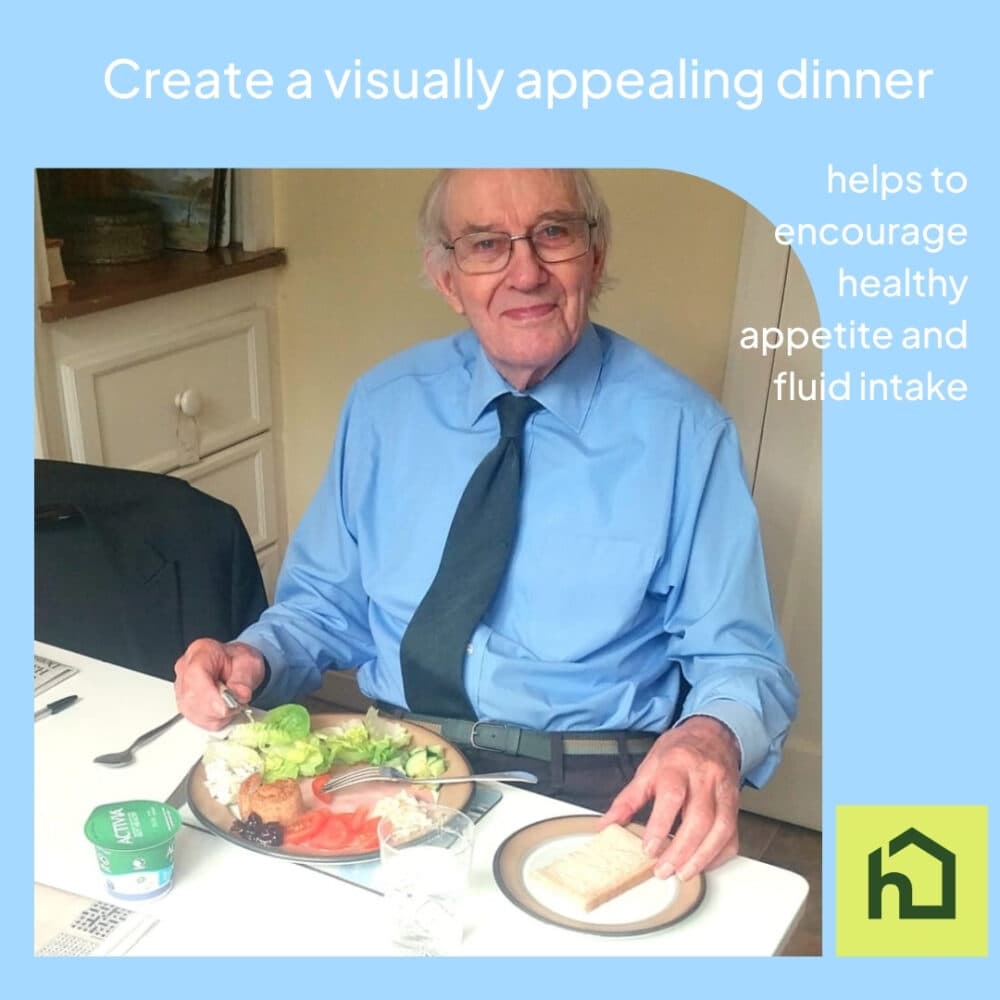
How Home Instead Supports Hydration and Health
At Home Instead Altrincham, Sale & Wythenshawe, we believe in a holistic approach to care that supports body, mind and emotional wellbeing. When it comes to hydration, we:
- Prompt and support fluid intake throughout the day and evening.
- Prepare hydrating foods and adapt menus to suit individual preferences.
- Use hydration charts and care notes to monitor patterns and flag any concerns.
- Encourage regular social interaction around meals and drinks.
- Offer practical tools such as easy-grip mugs, lidded cups, and bedside water jugs.
- Train all care professionals in recognising the early signs of dehydration.
This is especially important for clients living with long-term conditions such as dementia, Parkinson’s or those recovering from hospital treatment. We work closely with family members, GPs, and allied health professionals to deliver joined-up, person-centred care.
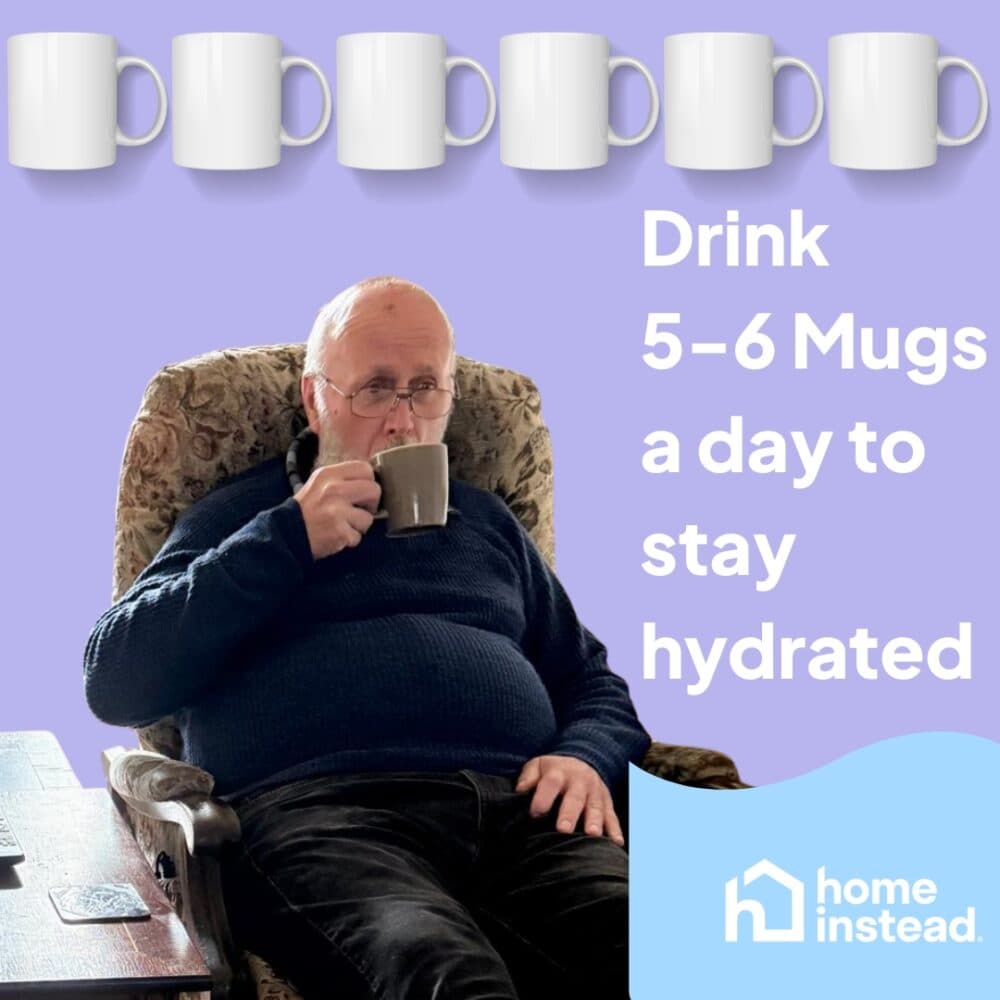
Staying Safe and Social: The Role of the Local Community
Hydration doesn’t just happen in the kitchen. Social contact often encourages eating and drinking. That’s why we support our clients to take part in community events, garden visits, or relaxed trips to local cafés where drinks and conversation go hand in hand.
Take a look at the social cafes listed in our Live well your way magazine. Whether it’s a knit-and-natter session, walking group, or tea morning, these events offer natural opportunities for hydration while enhancing mental and emotional health.
Volunteering or donating to local charities also strengthens these initiatives and helps them reach those most in need.
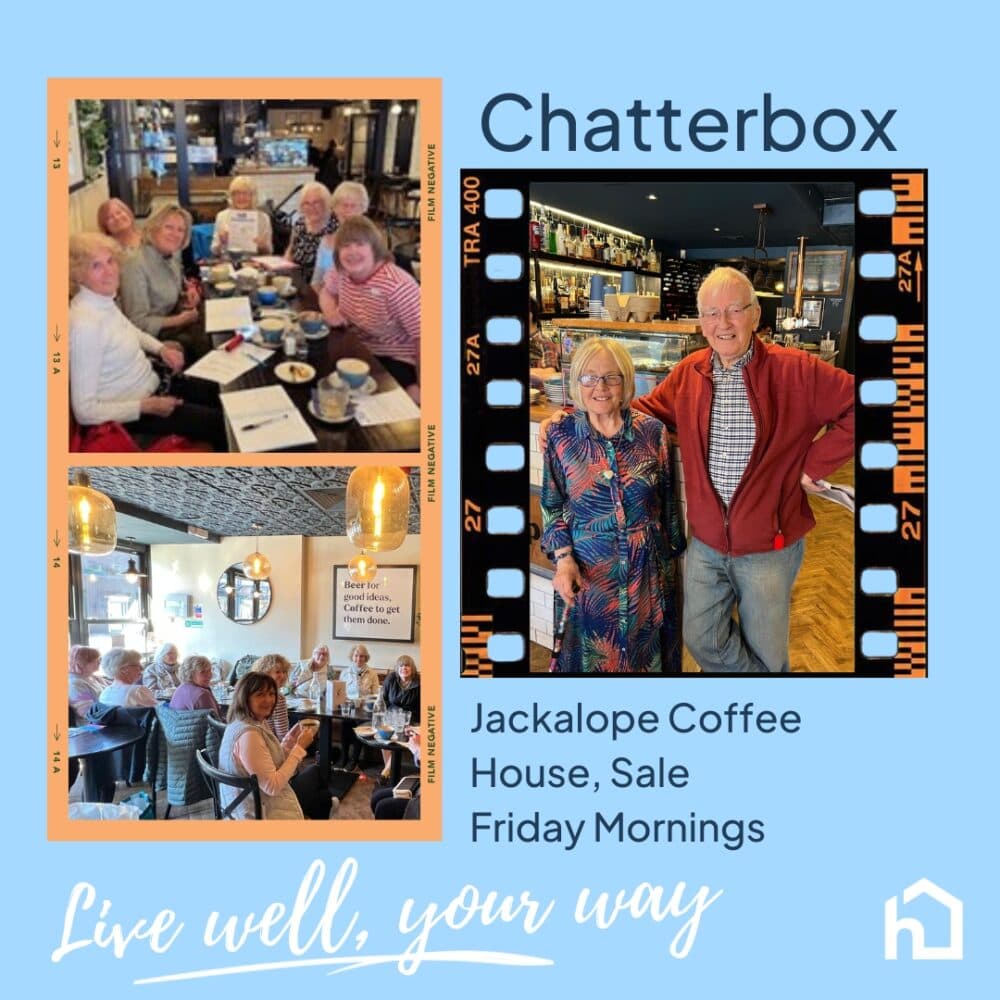
Why More Families Are Choosing Home Instead
Many older adults wish to remain in their own homes for as long as possible. Home Instead offers a dignified and compassionate alternative to residential care. Whether it’s a daily visit, companionship at mealtimes, or round-the-clock support, we tailor every care plan to meet individual needs.
Our care professionals are trained, trusted and carefully matched with each client. We build strong, reliable relationships that bring comfort and continuity. And with a dedicated office team just a phone call away, families can reach out for support or guidance at any time.
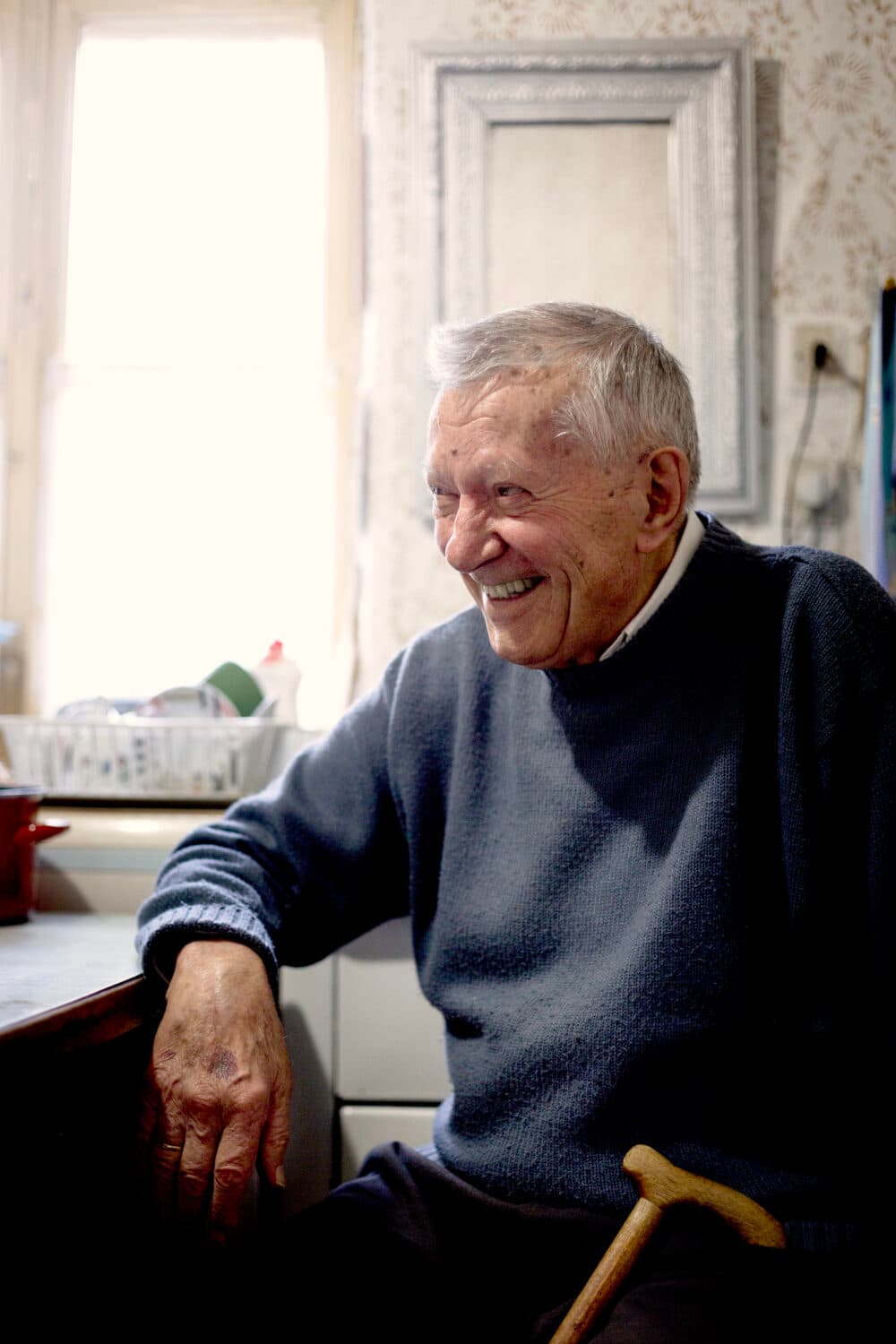
Ready to Talk About Home Care?
If you’re concerned about a loved one’s hydration or overall wellbeing, we’re here to help. Our team offers free consultations to explore what kind of support might be right for your family.
Contact Home Instead Altrincham, Sale & Wythenshawe today on 0161 870 1136 or visit homeinstead.co.uk/altrincham to learn more about our care services.
Let’s work together to keep older adults safe, happy and hydrated at home.

Areas We Serve
Wythenshawe, Woodhouse Park, Benchill, Sharston, Northenden, Moss Nook, Peel Hall, Baguley
Brooklands, Sale, Ashton upon Mersey, Altrincham, Bowdon, Hale, Broadheath, Timperley
M22 0, M22 1, M22 4, M22 5, M22 8, M22 9, M23 0, M23 1, M23 2, M23 9, M33 1, M33 2, M33 3, M33 4, M33 5, M33 6, M33 7, M90 1, M90 2, M90 3, M90 4, M90 5, WA14 1 ,WA14 2, WA14 3, WA14 4, WA14 5, WA15 0, WA15 6, WA15 7, WA15 8, WA15 9,
The Parflo Building, Huxley St, Broadheath, Altrincham WA14 5EL, UK
0161 870 1136
https://www.homeinstead.co.uk/altrincham/